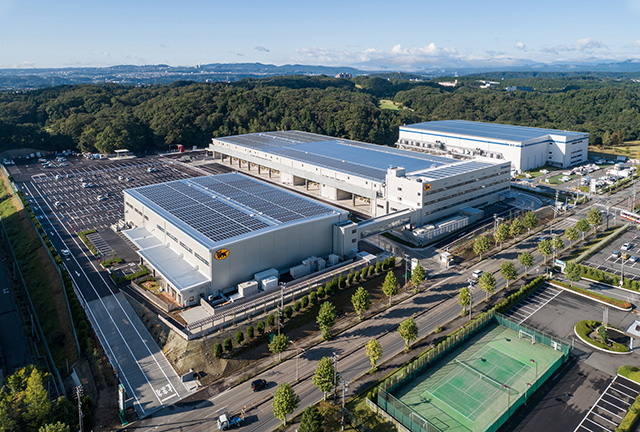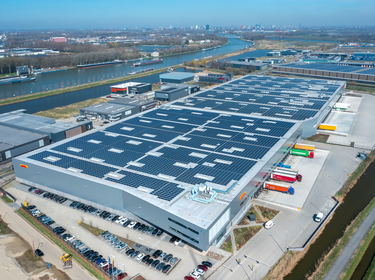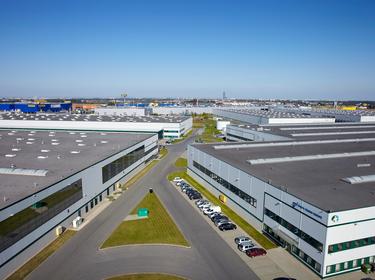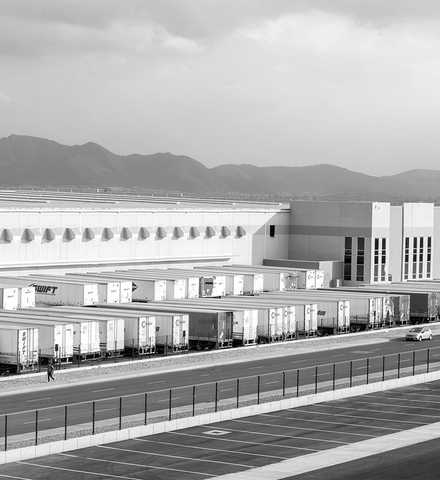
What is global logistics?
Global logistics connects critical components of the supply chain from a product’s point of origin to its point of consumption—to ensure timely and efficient distribution of goods from producers to consumers. In 2016, the global volume of merchandise trade was $16 trillion, according to the World Trade Organization. The global logistics industry facilitates this worldwide flow of goods.
Global logistics is the process—largely a science but also an art—of managing the flow of goods through the supply chain, from the place where they are made to the place where they are consumed. It might involve shipping seeds and fertilizer to a grain farmer, sending harvested grain to a processing mill, trucking flour to an industrial bakery, sending containers full of loaves of bread to a distribution center, and then delivering them to restaurants. Global logistics involves the movement of goods—by truck, train, ship, or plane—as well as preparation, packaging and storage of goods in distribution centers and other logistics real estate facilities.
What kinds of companies operate in the global logistics industry?
Global logistics requires close and intricate collaboration between a host of business partners. Shipping companies, airlines, railroads and trucking companies move goods. Global delivery services manage the movement of goods. Logistics real estate companies own and operate facilities that are essential nodes for transport, management and storage, while a host of service providers provide the software, security, labor and business intelligence that keep the global logistics system working. Prologis, a leading global logistics company, provides efficient logistics real estate solutions around the world. Prologis, the leading global logistics company, provides efficient logistics real estate solutions around the world.
What drives demand for the global logistics industry?
Growth in global logistics is fueled by three fundamental trends: increasing consumption, rising e-commerce and ongoing reconfiguration of the supply chain to move goods more quickly and efficiently. The enduring strength of these trends across the world means is an indication that global logistics will continue to play an essential role in the world economy.
What considerations do companies make in considering where to build components of the global logistics system?
Time, cost and quality are key drivers of success in global logistics. As a consequence, location is a leading consideration. Other considerations include cost and availability of suitable labor; presence and reliability of essential business partners; geopolitical and geographic risk and stability. Because global logistics connects critical components of the supply chain—from a product’s point of origin to its point of consumption—to ensure timely and efficient distribution, location is a key success factor for distribution centers, transport hubs, terminals and other infrastructure. Typically, the most functional and compelling infrastructure is located near or adjacent to highly trafficked transport routes and dense population centers to serve large numbers of consumers.






